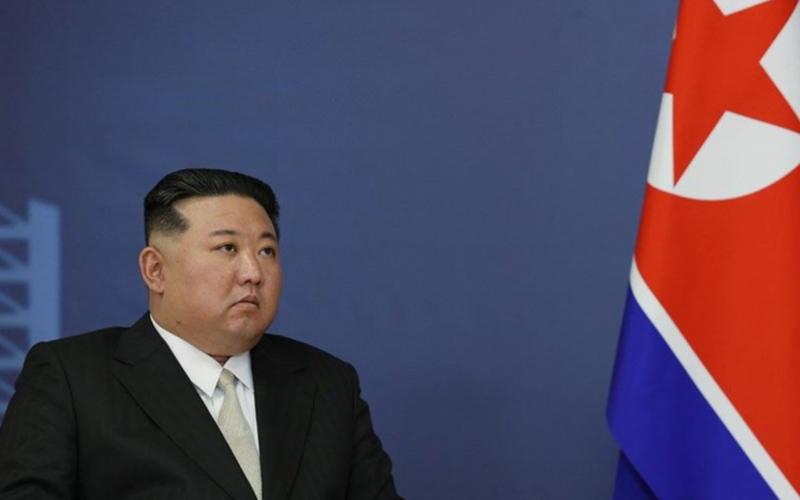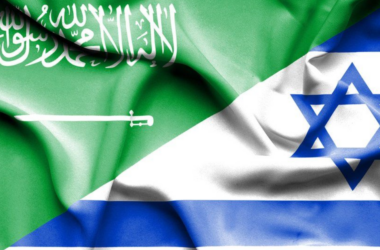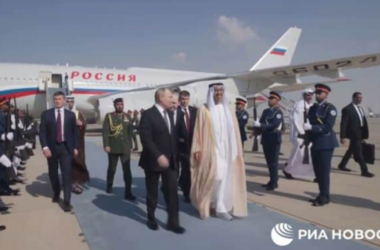North Korea has officially embraced a long-term strategy of continually bolstering its nuclear arsenal, a decision that comes against the backdrop of what some experts are characterizing as a “new Cold War” on the global stage. This move underscores the nation’s determination to maintain a formidable nuclear deterrent, which it views as crucial for its security in an evolving international landscape.
The “new Cold War” reference draws attention to the escalating tensions and geopolitical rivalries that have emerged in recent years, reminiscent of the Cold War era between the United States and the Soviet Union. In this contemporary context, North Korea’s commitment to expanding its nuclear arsenal adds another layer of complexity to global security dynamics.
In a recent development, Mr. Kim has urged his country to assume a more prominent role within a coalition of nations engaged in what he terms a “new Cold War” against the United States. Mr. Kim has voiced his concerns over the US conducting military exercises and deploying strategic assets in the region in collaboration with South Korea and Japan. He characterizes these actions as highly provocative and accuses them of forming an “Asian version of NATO,” which he considers the primary source of war and aggression.
He emphasized that this is not merely a matter of rhetorical threats or an abstract concept, but rather a tangible and substantial menace.
Tensions on the Korean Peninsula have escalated significantly in recent years, marked by North Korea’s testing of over 100 missiles since the beginning of 2022. In response, the United States has expanded its military drills with its Asian allies.
As North Korea’s nuclear ambitions continue to evolve, neighboring nations, including South Korea and Japan, are closely monitoring the situation. The international community faces the challenge of finding diplomatic avenues to engage with North Korea and address the growing security concerns posed by its nuclear program.
North Korea’s decision to adopt a long-term policy of nuclear expansion raises significant concerns in an era marked by increasing global tensions. The “new Cold War” analogy emphasizes the importance of diplomatic efforts to navigate the complexities of international relations and maintain global peace and security.








